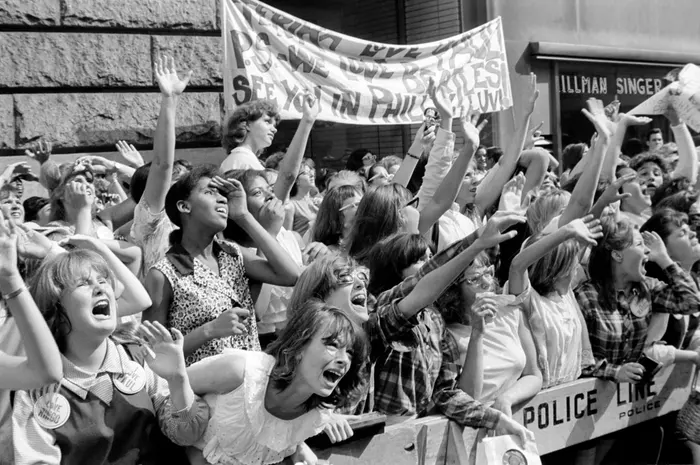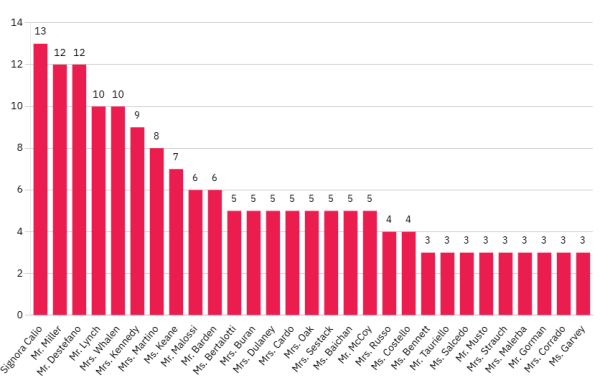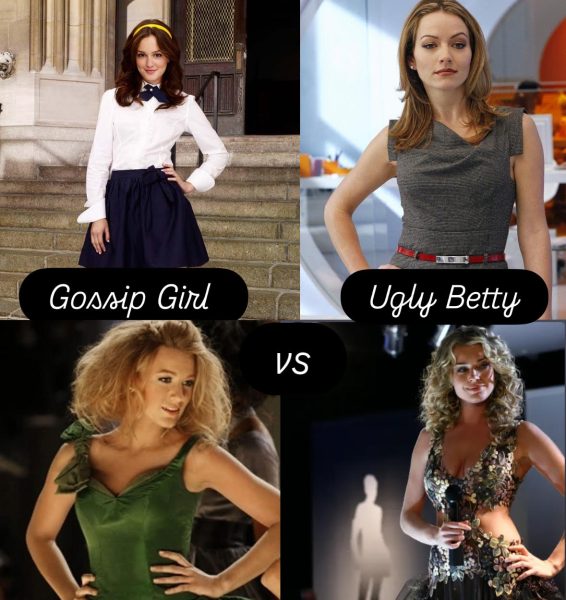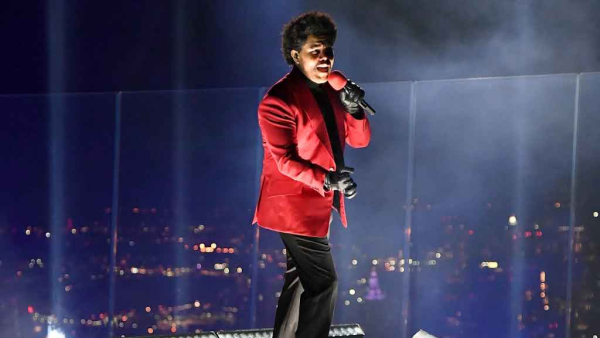Why Are There Stigmas Surrounding Fangirls? — The Eagle’s Cry Investigates
Merriam-Webster defines the term “fangirl” as, “a girl or woman who is an extremely or overly enthusiastic fan of someone or something.” Since the eras of Elvis Presley and The Beatles, teenage girls developed this mindset of devoting themselves to whichever individual they are a fan of. However, many hold somewhat of a negative connotation surrounding fangirls. But if they’re not harming anyone, why do people continue to judge and create perpetual stigmas?
To many, words like crazy, fanatic, over-the-top, or emotional are synonymous with the word fangirl. They have preconceived notions that every fangirl is over-dramatic and obsessed. Yet, the question still remains: why? Sure, there are many fans out there who act a little crazier than others, but that does not necessarily mean all of them are like that. To put it bluntly, misogyny promotes perpetual stigmas against fangirls. For example, if a man buys a jersey for his favorite sports team, he’s simply expressing his support for the player. However, if a girl buys merchandise from a musician she loves, many argue she’d be wasting her money on something redundant. Additionally, fangirls are the only ones seen as “crazy,” while men who publicly riot in the streets after their favorite team lost a game are ignored and treated as if their behavior is normal.
For decades, fangirls were disregarded and labeled as obsessive, even though their love for those celebrities is so much more than that. They found peace in a community where they all share one thing in common: their complete and utter dedication to a celebrity they adore.
Emily Betwinek, a senior at BHS, is an avid music enthusiast and fangirl of many musicians, such as Paramore and Taylor Swift. She argues, “Girls are labeled as just being obsessed, but not associated with actually caring or establishing a connection with these celebrities, which they do have.”
Many overlook the complex parasocial relationships between a fan and a celebrity. Unless you experience it, it’s nearly impossible to comprehend the unabashed vulnerability and raw emotions of a young girl latching onto a celebrity she idolizes. That dynamic perfectly demonstrates the innocent and poetic chaos that is girlhood.

Evi Tzortzatos is a senior at BHS and one of the two head editors of The Eagle’s Cry. In her free time, she listens to vinyl, plays bass for the hit...






